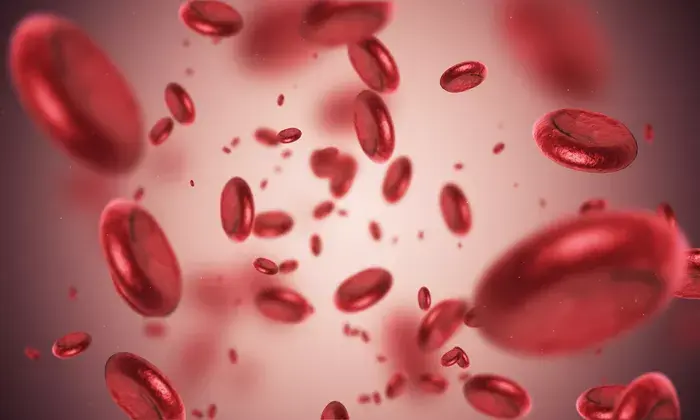A new study warns that climate change could severely impact the world’s blood supply. Rising temperatures and extreme weather may make it harder to donate, store, and transport blood while also increasing the need for transfusions.
Researchers from Red Cross Lifeblood and the University of the Sunshine Coast in Australia say climate-related disasters could disrupt blood services. Events like floods and heatwaves may block transport routes, damage storage facilities, and prevent donors from giving blood.
Blood has a short shelf life and must be handled carefully. But climate change could make this harder. Dr. Elvina Viennet, a researcher on the study, said disasters not only affect people’s ability to donate but also harm blood safety and storage.
Each year, Europe needs 25 million units of blood. These are used for surgeries, accident victims, premature babies, and chronic illness patients. But climate change could reduce the number of healthy donors.
Mosquito-borne diseases like dengue, malaria, and West Nile virus are spreading due to warmer weather and more rainfall. These diseases can be transmitted through blood, making donations riskier in affected areas.
The study, published in The Lancet Planetary Health, also found that extreme heat or cold may lower the number of people eligible to give blood. These weather shifts can affect red blood cell counts, haemoglobin levels, and blood pressure.
Helen Faddy, the lead author and associate professor at UniSC, said heat stress and mental health issues like “climate anxiety” may also affect donors. At the same time, demand for blood could rise due to more disease and injury caused by climate events.
More pregnancies with complications, heart disease, and sickle cell disease may also lead to greater need for transfusions. This double strain—less supply and more demand—poses a serious challenge for health systems worldwide.
To reduce the impact, researchers suggest using mobile blood donation units and encouraging more people to give blood, especially from diverse ethnic groups. They also recommend international cooperation and new technologies like cell salvage.
Faddy emphasized that rising sea levels and migration make it even more important to have a varied donor base. “We must act now to protect our blood supply in a changing climate,” she said.
Related topics:
- New Stem Cell Technology Offers Hope for Safer Diabetes Treatment
- What Causes A Man’s Prostate To Enlarg?
- Chocolate Recall Expanded: Check Your Tony’s Chocolonely Bars For Small


